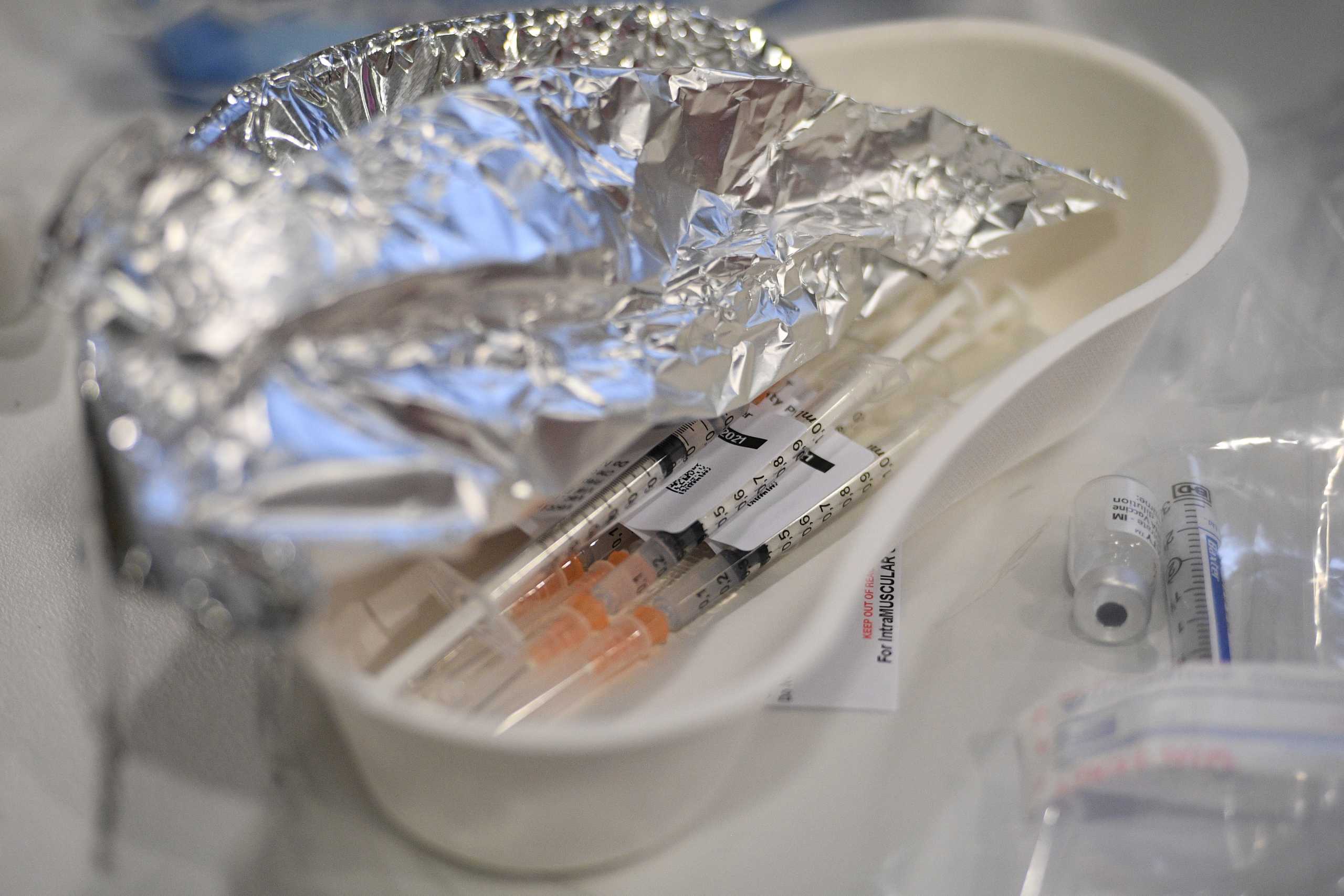The percentage of people who have developed antibodies against it has increased significantly coronavirus in the US, mainly because of vaccination. Studies that test large numbers of individuals for the presence of antibodies to the new SARS-CoV-2 coronavirus have shown a significant increase in HIV rates in various populations, mainly as a result of vaccination and less due to natural disease from the virus.
Most studies have shown that people who become ill and those who are vaccinated are differentiated by detecting different specific antibodies in their blood. In particular, those already infected have antibodies against both the protein-pin (anti-S) and the nucleocapsid (anti-N) of the virus, while those who have been vaccinated only against the protein-pin (anti-S), which is the viral antigen. in approved circulating vaccines.
Two recent studies published in the prestigious journal JAMA entitled “Estimated seroprevalence after physical illness and vaccination in blood donors in the United States” and “Prevalence by control of antibodies to SARS-CoV-2 in blood donors in Kenya” indicate the importance of vaccination programs for the immunoprotection of the population. Professors of the National and Kapodistrian University of Athens Ourania Tsitsiloni (Department of Biology), Evangelos Terpos (Medical School), Ioannis Trougakos (Department of Biology) and Thanos Dimopoulos (Rector of EKPA) analyze the results of the two studies.
The case of the USA
In the US, it is estimated that COVID-19 cases by August 13, 2021 reached approximately 36.3 million. Checking for a year a representative sample of the general population, about 1.5 million blood donors over the age of 16, the researchers found that the seroprevalence increased dramatically, from 3.4% in July 2020 to 83.3% in May 2021 , that is, it was 25 times higher.
The adoption and widespread use of COVID-19 vaccines has obviously contributed to this since December 2020. Particularly important were the data on the transmission of the virus: for each reported COVID-19 case, the number of people infected in July 2020 was 3.1 and in May 2021 decreased to 2.1. According to the study, this reduction is directly related to the extensive vaccination program implemented in the USA.
However, despite the widespread use of vaccines, for the same period, especially in the 16-29 age group, the incidence of cases infected with natural SARS-CoV-2 infection increased more than 5-fold (from 5.5 % in June 2020 to 27% in May 2021). This increase, which was much higher compared to the other groups over the age of 30, indicates that the virus continues to spread in the community and, in fact, at a young age is also highly contagious (especially the delta variant).
Equally striking was the finding that in the age group over 65, the rate of HIV-positive cases after natural infection was very low (only 11.7%), while due to vaccination, the overall rate of people over 65 with antibodies was the highest. of all groups, over 92%.
Apart from age group differences, small differences were recorded between serum antibody levels from different US geographies (higher in the northern states), race, and ethnicity (higher among non-Hispanic Asians), with no differences seen in antibody levels between men and women either after a natural infection or after vaccination.
Finally, for all age groups it is estimated that, despite immunization through vaccination, in fact the rates of natural infection are probably much higher, because
(1) many asymptomatic or oligo-symptomatic cases from the general population may not be included in the regular blood donor control group;
(2) antibody levels mainly after natural infection decrease over time, and
(3) The study did not include ages younger than 16 who have elevated rates of asymptomatic infections.
The case of Kenya
In contrast to these encouraging results from the US, more than 3,000 blood donors of the same age (16-64 years) were also tested in Kenya. The seroprevalence in April 2020 was 4.3%, similar to the US, and increased to 48.5% in March 2021, ie about half the US.
Unfortunately in Kenya, this increase in HIV-positive cases is due to the very widespread spread of the virus throughout the country and is the result of a natural disease of the population by SARS-CoV-2. According to the results of the study, the vaccination programs that started late in the country, in March 2021, managed by July 2021 to cover only 2% of the population.
The very low availability of vaccines and the reduced possibility of vaccination due to the geographical conditions in underdeveloped areas such as Kenya, fail to limit the rapid and widespread transmission of the virus.
The G7 Summit in June 2021 pointed out that the reduced vaccination coverage of underdeveloped countries is a global problem that must be addressed immediately if we are to effectively stop the spread of the new coronavirus.
